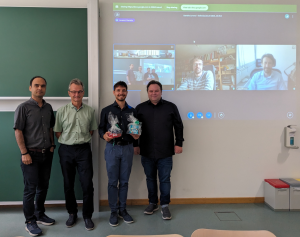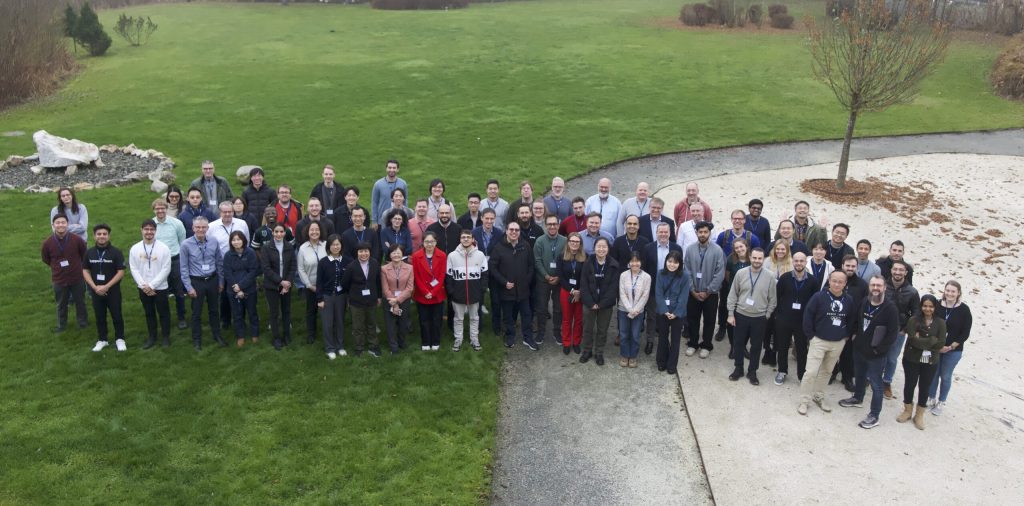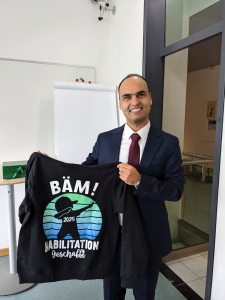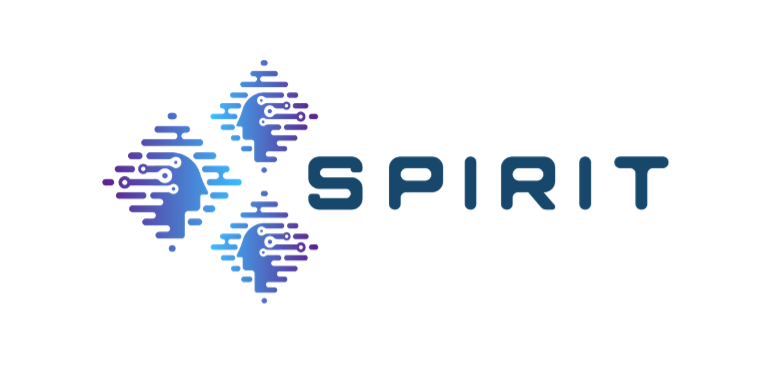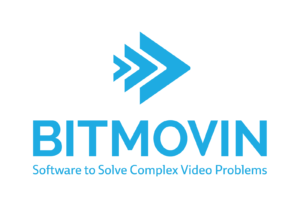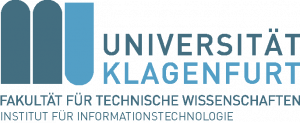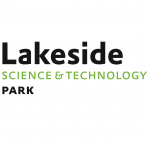IEEE ICIP 2026
IEEE International Conference on Image Processing (ICIP) 2026
Special Session: Generative Visual Coding: Emerging Paradigms for Future Communication
https://floatbutterfly.github.io/ICIP2026-special-session-GVC/

Generative Visual Coding (GVC) is an emerging paradigm that explores how generative models and structured visual representations can redefine visual communication. By integrating generative capabilities into the coding process, GVC enables new forms of representation, transmission, and reconstruction that enhance perceptual and semantic fidelity while improving communication efficiency. Beyond human-centric reconstruction, GVC supports machine- and task-oriented communication, where compact and semantically meaningful representations benefit downstream analysis and decision-making.
The paradigm also motivates theoretical study on how generative priors interact with information constraints, optimization objectives, and emerging concepts in semantic communication. As generative processes gain prominence, principled evaluation becomes increasingly essential, encouraging advances in quality assessment, distortion modeling, and the development of benchmark datasets for generative and hybrid codec systems. Efficiency remains central to deployment, underscoring the importance of model design, complexity optimization, and computational scalability.
GVC further extends to immersive and spatial communication, including three-dimensional and scene-level content. In these settings, generative models can infer geometry, semantics, and contextual relationships, enabling new modes of multi-view and interactive media delivery. Overall, GVC offers a unified framework that integrates generative modeling, visual coding, and intelligent communication, laying the groundwork for next-generation visual communication systems.
Scope / Topics
- Generative foundation models, methodologies, frameworks, and analytical perspectives for visual coding and task-oriented communication
- Theoretical modeling and rate–distortion perspectives for generative and semantic visual communication
- Evaluation frameworks, quality assessment, and benchmark datasets for generative coding systems
- Complexity optimization for generative visual communication
- Generative coding use cases (e.g., Generative Face Video Coding)
- Generative visual communication for immersive, three-dimensional, and spatially aware media
Submission: Submission Website
- Paper Format: up to 5 pages + 1 page of only references (see Author Kit)
- Topic Selection: When submitting, select Special Session ‘Generative Visual Coding: Emerging Paradigms for Future Communication’ as well as up to two additional regular topics (Step 5)
Important Dates
- Special Session Submission Opens: January 7, 2026
- Paper Submission Deadline: February 4, 2026 (Extended)
- Notification of Acceptance: April 22, 2026
- Camera-Ready Paper Due: May 13, 2026
Organizers
- Jianhui Chang, China Telecom Cloud Computing Research Institute
- Hadi Amirpour, University of Klagenfurt
- Giuseppe Valenzise, Université Paris-Saclay

